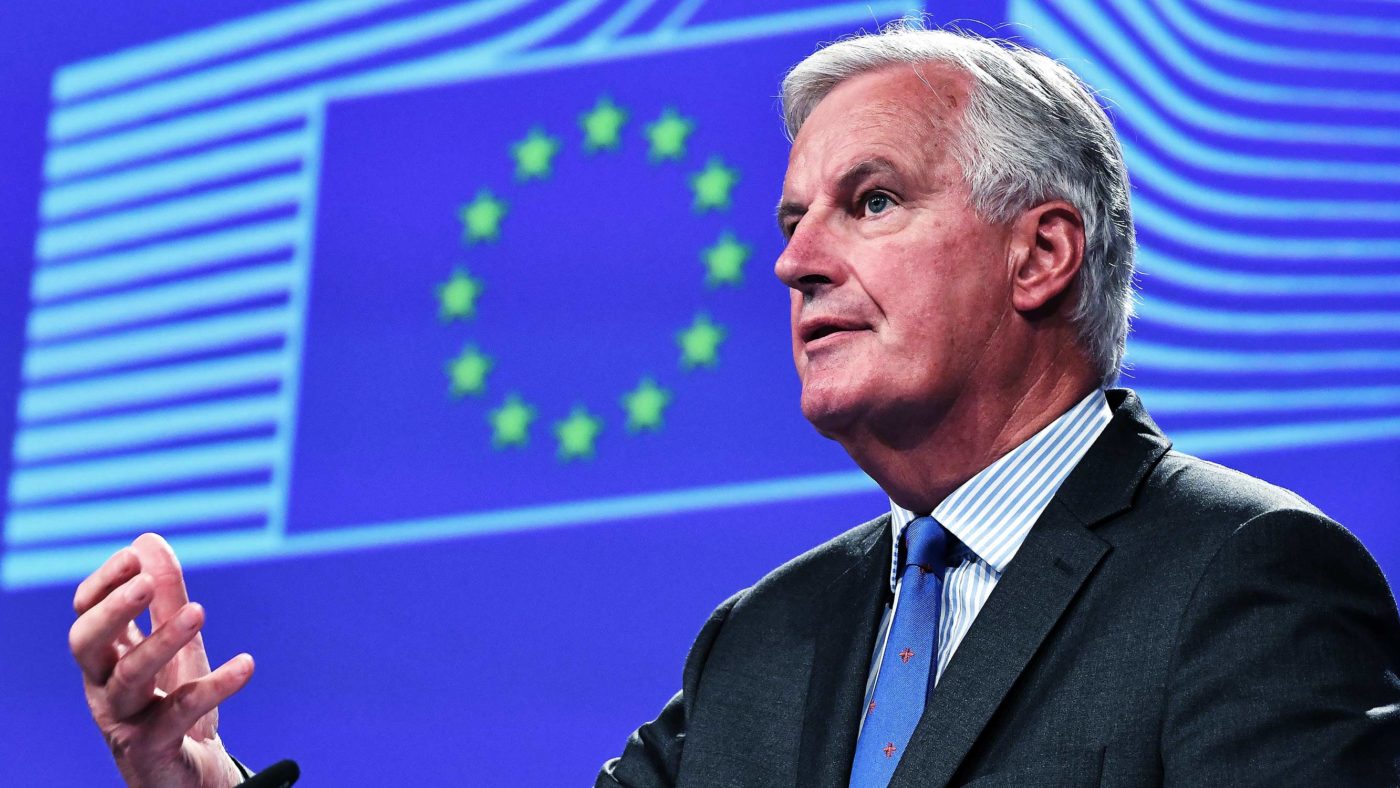In the end, it will all come down to the money. The most recent round of Brexit negotiations made that much, at least, obvious. The UK might not be paying £350 million a week to Brussels, as Vote Leave claimed during the referendum campaign, but our contributions to the EU do come to over €10 billion a year. That is a substantial fiscal hole for the European Commission to plug once the UK leaves.
The Commission would prefer not to reduce expenditure since the structural funds and agricultural subsidies it distributes help to justify the EU’s existence. Besides, any new budget needs unanimous agreement, and Eastern European countries can be relied on to block cuts in their grants as surely as France will veto any reduction in farmers’ subsidies.
If reducing the budget is out of the question, the EU will have to increase its revenue. A “reflection paper”, issued by the European Commission in the summer, presented a number of ways that it could do this. The Commission takes it for granted that countries won’t increase the amounts they pay to Brussels under the current funding system and so needs to find new sources of money.
Top of the wish list are Europe-wide green taxes. Climate change has long been a favourite cause in Brussels because it lends itself to supranational action. If the member states could agree a new energy or environmental tax, it would be easy to divert some the revenue towards the EU’s coffers. While such a tax would only have a trivial effect on Europe’s ability to meet its commitments under the Paris Agreement, greenery does provide useful political cover for a tax increase.
Imposing the tax over the whole of the EU would also assuage competitiveness concerns to some extent. And, given the preponderance of its manufacturing sector, it would hit Germany disproportionately hard. If Angela Merkel gets behind the tax, she might convince other countries to go along. But the German industrial lobby is strong and won’t accept an increase in its costs without a fight. In any case, no strategic decisions can be expected of Germany until the after the September general election, when Mrs Merkel is seeking another term.
Another possibility floated by the reflection paper is a share of a new EU corporate tax. Brussels has been pushing for what it calls a “common consolidated corporate tax base” since 2011. The idea is that multinationals use a single method to calculate their total European taxable profits. These profits are then allocated to the individual countries in which the multinational operates.
The proposal was shelved five years ago when it became clear that many member states were opposed. The Commission has since repackaged its plan, with the enthusiastic support of the European Parliament, but badged it as an anti-tax avoidance measure. In the current environment, where tax avoiders are the new bêtes noires, “anti-avoidance” is as effective as “climate change” when it comes to magic words that justify bad policies. Nonetheless, several governments, including the Irish and the Dutch, are still raising strenuous objections. So would the British, if anyone bothered to ask them.
Far from preventing avoidance, a common consolidated corporate tax base would increase tax competition within the EU. Because taxable profits would be calculated in the same way everywhere, the only difference between countries would be the actual rate of corporate tax. Companies would be keen to base themselves in the member state with the lowest tax, and there would be relentless downward pressure on rates. Despite this, the French and German finance ministers, Bruno Le Maire and Wolfgang Schäuble, are actively working on harmonising corporate taxes with effect from next year. If the Franco-German integration engine really has restarted, the European Commission’s aspiration to slice off a portion of the cake from the new tax may still come to fruition.
If the common corporate tax doesn’t work out, the European Commission hopes it might get a share of a new European financial transaction tax. However, plans for this “Robin Hood” tax across the EU, to be paid by banks when they buy and sell shares, bonds and derivatives, have also hit the sand. When agreement couldn’t be reached among all 28 EU members, ten of them decided to press ahead anyway under the enhanced cooperation procedures. But these ten enthusiasts have been unable to close the deal either and a crunch meeting scheduled for this month was postponed until the end of the year by France. There is a good deal of suspicion that the French, keen to attract banking business from London after Brexit, are getting cold feet about the financial transaction tax.
The conclusion of the reflection paper is that the Commission doesn’t really know where its new money will come from. So, with a €10 billion pit to fill annually, it is not surprising that the Brexit divorce bill has become a sticking point in the negotiations. If the amount is big enough, it could tide the EU over for a few years. In Brussels, a problem kicked down the road is treated as a problem solved.
This gives the British some leverage because it is most unlikely that the Commission will have lined up any new sources of funding, or agreed what it can cut, before March 29, 2019, when negotiations have to be completed. With no deal, the EU might end up with nothing at all.


